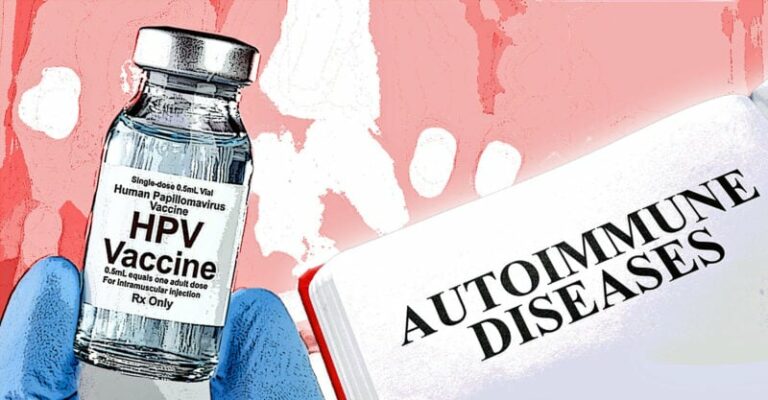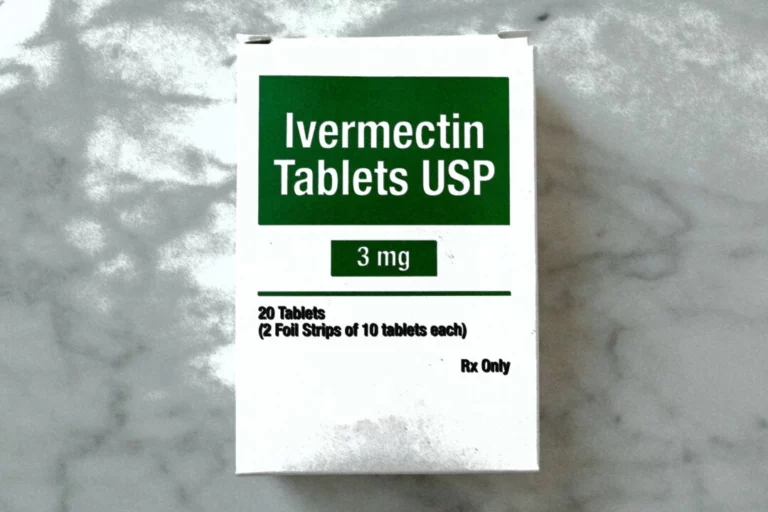Tennessee Senate Passes Bill Targeting Vaccines in Food
The measure was brought in the Tennessee Legislature in response to concerns about vaccines being used in produce sold in stores, said state Republicans.
Source: Epoch Times, US, Jack Phillips, 01 Apr 2024
The Tennessee Legislature has passed a bill that would require foods containing vaccines or vaccine materials to be labeled as pharmaceutical drugs.
The bill, HB 1894, passed in a 23–6 vote in the Tennessee Senate on March 28 after the state House passed it 73–22 on March 4. It now awaits the governor’s signature.
The measure says that foods with vaccines or vaccine materials would be classified as a drug under state law, meaning they would have to be labeled differently. Such foods wouldn’t be banned in the state but would be required to carry the same kind of medical labeling as vaccines or drugs.
The measure was brought in the Tennessee Legislature in response to concerns about vaccines being used in produce sold in stores, according to state Republicans.
“You would have to get a prescription for that to make sure that we know how much of the lettuce you have to eat based off of your body type so we don’t under-vaccinate you, which leads to the possibility of the efficacy of the drug being compromised, or we overdose you based off how much lettuce is [eaten],” Republican state Rep. Scott Cepicky said during a House committee meeting in February, WKRN-TV reported.
He said that the bill, which local media described as a move that targets “vaccine lettuce,” would classify as pharmaceutical foods that are modified to act as vaccines.
“So if you want to consume them you would go to your doctor and get a prescription,” he said.
Researchers Studying Edible Vaccines
Mr. Cepicky’s comments were in response to a University of California–Riverside research project that was looking at whether mRNA that targets pathogens could be implanted into edible plants, which would then be consumed. The university received a $500,000 grant from the National Science Foundation to perform the research.
The most common COVID-19 vaccines in the United States, made by Pfizer and Moderna, use mRNA technology.
“We are testing this approach with spinach and lettuce and have long-term goals of people growing it in their own gardens,” Juan Pablo Giraldo, an associate professor at the university’s Department of Botany and Plant Sciences, said in a 2021 news release. “Farmers could also eventually grow entire fields of it.”
The professor said, “Ideally, a single plant would produce enough mRNA to vaccinate a single person.”
Another researcher, Nicole Steinmetz, said in the release that their plan was to use nanoparticles, or “plant viruses, for gene delivery to plants.”
But a spokesperson for the university told WKRN-TV in Tennessee that the project hasn’t been finished.
“Research into the process of having plant chloroplasts express vaccine chemistry is ongoing. There are no definitive results to report,” Jules Bernstein, the spokesperson, told the outlet after the bill was passed.
During debate on the state Senate floor, some lawmakers questioned the need for the bill.
“Does the sponsor know of any instances of there being food offered in the state of Tennessee that contains vaccines in some kind of a retail or public forum?” state Sen. Heidi Campbell, a Democrat, asked.
State Sen. Joey Hensley, a Republican, said the technology to introduce vaccine material into edible plants is already being studied and that if those plants are available for sale in the future, the proposed law would require them to be labeled as drugs.
“I guess it’s addressing something that I can’t imagine would ever exist, which is the idea that we would somehow be putting vaccines into foods that you would buy in a grocery store,” Ms. Campbell replied. “I mean, I can’t think of any logical reason why anyone would ever do that. And I do know that, you know, certainly, there have been experiments with putting vaccines in vegetables for the purposes of studying possible transmission methods.”
However, in his February remarks in the Tennessee House, Mr. Cepicky said a Kentucky company had already been “infecting growing tobacco plants with a genetically modified coronavirus” to see if it produced antibodies for a possible vaccine, WKRN-TV reported. He said that the company “can already do this right now.”
Federal Lawmaker Concerned
Last year, U.S. Rep. Thomas Massie (R-Ky.) warned that federal money is being used to create “transgenic edible vaccines” to transform edible plants such as lettuce and spinach to produce mRNA vaccines.
During debate over an appropriations bill in September 2023, Mr. Massie mentioned an incident in which an edible vaccine was introduced to a corn crop used to feed pigs. The vaccine was meant to prevent the pigs from getting diarrhea, but the corn crop became commingled with a soybean crop and ultimately contaminated 500,000 bushels of soybeans that had to be recalled.
“Do we want humans eating vaccines that were grown in corn meant to stop pigs from getting diarrhea? I don’t think we want that to happen. Yet that almost happened, and it could happen,” he said.
“There is another case where the pollen cross-contaminated another crop of corn, and 155 acres of corn had to be burned. What are the cases where we’re not discovering this? I think it’s dangerous to play God with our food.”
Most Tennessee Republicans voted in favor of the vaccine bill, and all Democrats voted against it. The measure now heads to Republican Gov. Bill Lee’s desk.
The governor hasn’t indicated whether he will sign the measure into law. If he does, Tennessee would become the first state to classify foods that contain vaccines as drugs.
Suggest a correction







